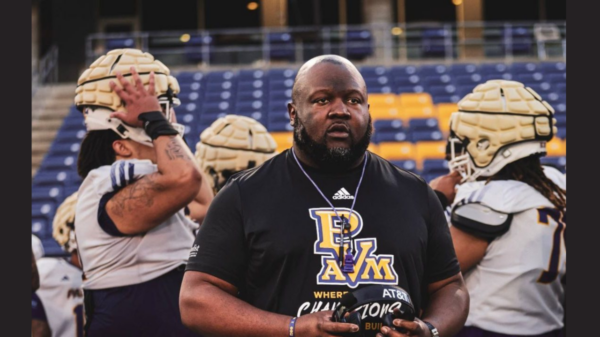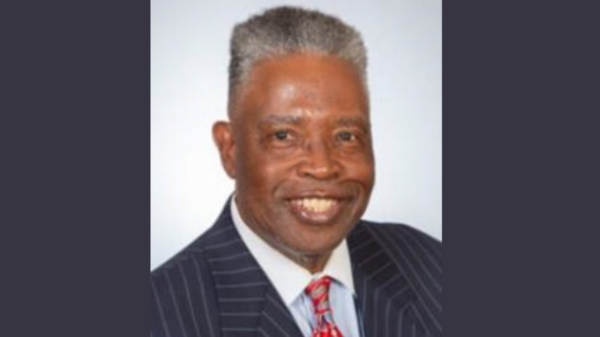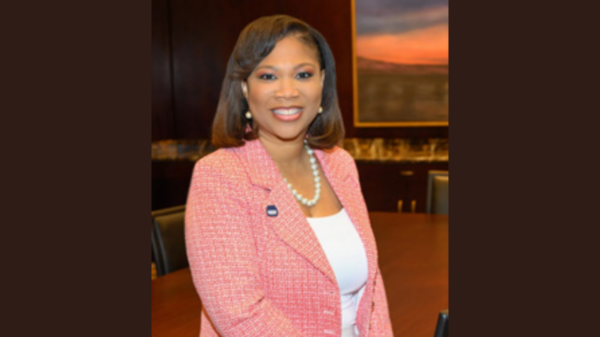Dr. Benjamin F. Chavis Jr.
Earlier this year the U.S. Department of Education sent all colleges and universities across the nation a notice, reminding them that they need to comply with the newly updated cybersecurity regulations published by the Federal Trade Commission (FTC).
The regulations – which include specifications such as implementing critical controls for information security programs, maintaining oversight of service providers, and designating an individual to oversee a school’s cybersecurity infrastructure – came in response to an uptick in ransomware attacks on schools around the United States.
While these regulations are certainly warranted in an age where personal data is becoming increasingly vulnerable to cyber-criminals, the penalties for failing to comply with the regulations – especially the withholding of federal needs-based funding under Title IV – pose an existential threat to schools operating under tight budgets.
Take Historically Black Colleges and Universities (HBCUs), which have throughout their existence struggled to find the substantial funding that many state and private predominantly white institutions (PWIs) of higher education enjoy and who are already steeling themselves to deal with an expected surge of applicants following the Supreme Court’s regressive decision to effectively end Affirmative Action admission programs. The loss of Title IV funding would drastically affect around 80% of the student bodies at HBCUs and would have a consequential negative impact on the future of these vital institutions of higher education.
Endowments at HBCUs pale in comparison to those at the U.S.’s top ranked colleges and universities, with the overall endowments at all the country’s HBCUs accounting for less than a tenth of Harvard’s.
The gap in funding between PWIs and HBCUs isn’t just because of smaller endowments, it’s also be- cause state lawmakers keep funds off HBCU campuses – in North Carolina, for example, legislators awarded N.C. State an extra $79 million for research while N.C. A&T – the nation’s largest HBCU – was given only $9.5 million.
When it comes to access to technology, HBCUs also face an uphill battle with 82% of HBCUs being located in so-called “broadband deserts.”
Despite their struggles with funding, and the fact that these schools constitute only 3 percent of four-year colleges in the country, HBCU graduates account for 80 percent of all Black judges, 50 percent of Black lawyers, 50 percent of Black doctors, 40 percent of Black members of Congress, and our country’s current vice president. HBCUs truly know how to do more with less, but they cannot be saddled with costly regulations that pose an existential crisis to their ability operate and be given no help to deflect some of the costs. Fortunately, however, there are businesses and individuals who see the importance of HBCUs to the Black community and are willing to lend their hands – and their dollars – to support them.
The Student Freedom Initiative (SFI), a non-profit chaired by philanthropist and entrepreneur Robert F. Smith and funded by major tech companies like Cisco, has raised millions of dollars to help HBUs comply with the Education Department’s mandates. Cisco alone donated $150 million to the SFI with $100 million allocated to bringing HBCU cybersecurity system upgrades and $50 million going to establish an endowment to offer alternative student loans.
With $89 million already distributed to 42 HBCUs across the nation, the initiative has already saved around $1.5 billion in needs- based funding to these colleges and universities and is making strong inroads to helping these institutions meet the new cybersecurity regulations, but more is required if all HBCUs are to be saved.
Given the empowering impact HBCUs have on the nation’s Black community and the future promise of a more inclusive America, it is imperative that more companies support the work the Student Freedom Initiative is doing to ensure these vital higher education schools can continue to educate and inspire future generations.
As Vice President Harris said, “What you learn at an HBCU is you do not have to fit into somebody’s limited perspective on what it means to be young, gifted and Black.”
We in the National Association for Equal Opportunity in Higher Education (NAFEO) https://www.nafeonation.org/ stand in strong support of the Student Freedom Initiative. We all should work together to ensure the sustainability of HBCUs in America.
Dr. Benjamin F. Chavis, Jr., Chairman of the National Association for Equal Opportunity in Higher Education (NAFEO) and President and CEO of the National Newspaper Publishers Association (NNPA).









You must be logged in to post a comment Login